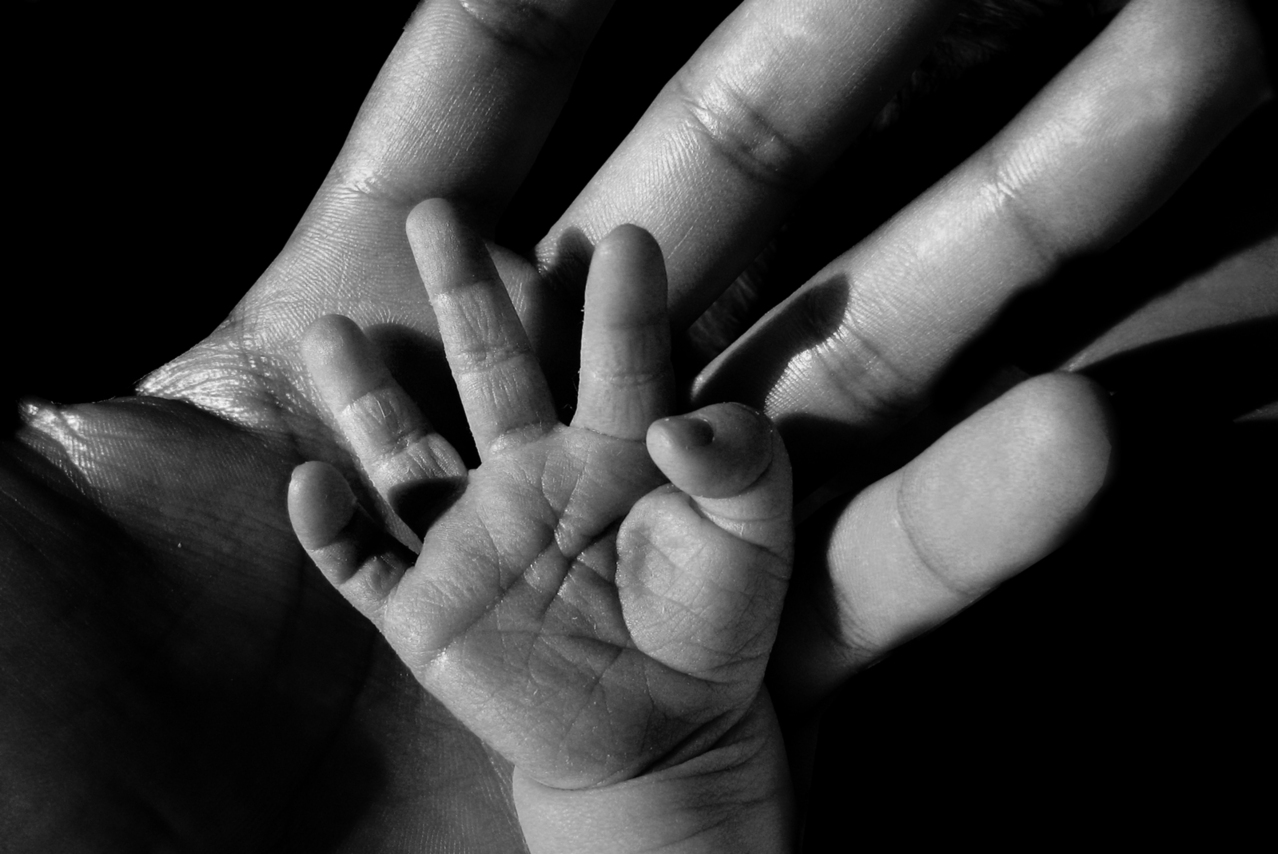Parenting Yourself
Last week we started to look at how we can address our own unmet childhood intimacy needs. In the post, Owen discussed the general process of attachment and bonding that children go through with their parents and how things can sometimes go awry. If you feel that you need to look at some of these issues in your own life, today’s #ThursdayThoughts post explains a method that uses your own imagination to help you heal from the hurts of your past. As this is an extract from Owen’s book for fathers, it is aimed at men. But women can use the same method, just substituting the opposite gender. If the issues raised have caused you some concern, please feel free to make an appointment with Owen or one of the other counsellors to help you work through them.
Leaving and Cleaving – Parenting Yourself
As the mind is a wonderful place and our creativity and power of fantasy are important parts of our neurological development, we can use a cognitive method of renewing our minds by completing the following exercise:
We are all born as gifts to our parents and we have in us a desire to love these parents unconditionally, but we need the opportunity to deliver this love and it seems there is an orderly way this is done. When a young boy looks at his mother, he will often feel, “I want to marry my mammy when I grow up.” Even if you weren’t raised with your biological mother, this desire to love your mother remains until it is fulfilled. And the young girl feels the same about her dad. She may say, “I want to marry my daddy when I grow up.” This changes as a child reaches around eight years of age, when children automatically want to distance themselves from the opposite sex parent and cross over to the same sex parent.

To commence the cognitive process of giving that unconditional love to the parents, consider you are a young child coming up to your eighth year. Imagine yourself saying to your mother that you love her very much. Say these words to her: “Mum, I love you very much and I want to give myself into your care so that you might teach me to be the man and son that I am designed to be, but I have been really hurt by not having some of these emotional needs met.” In the case of the young boy who’s had these needs met but been overly mothered in a smothering way, you may have been left feeling very helpless and left feeling that women are very demanding. In your case, say, “Mum, I love you very much and I want to give myself into your care so that you might teach me to be the man and son that I am designed to be but I have been really hurt by the over-indulgence you’ve shown me.” For the person who’s never know their biological mother, say, “Mum, I love you very much and I want to give myself into your care so that you might teach me to be the man and son that I am designed to be, but, as I have not been able to do this, I have been very hurt.” Then you should say, “Because I love you, I forgive you, but I must say goodbye to you now.” Imagine that you are letting go of her hand and bringing the next unconditional love package to your dad.
Declare to him that, “Dad, I love you very much and I want to give myself into your care so that you might teach me to be the son and the man I am designed to be.” If your dad did not accept that love from you and therefore did not invest the teaching in you, you need to say, “I have been very hurt by not having received this affirmation of who I am from you, but because I love you, I forgive you and I must say goodbye.” This brings you to the final love package, which is for yourself, where you see yourself as a sixteen year old and declare love for yourself and forgive yourself for not loving yourself. Promise to love yourself unconditionally. This gives you the opportunity of parenting yourself, appreciating the little child in you that may not have been understood, the teenager in you that rebelled, and the young man who was left confused regarding true self. All of those younger versions of yourself will now be unconditionally embraced by you as you exercise that unconditional love in your day to day living, a love that appreciates you as a human being rather than a human doer, a human doer being someone who tries to please people to be accepted and loved.
